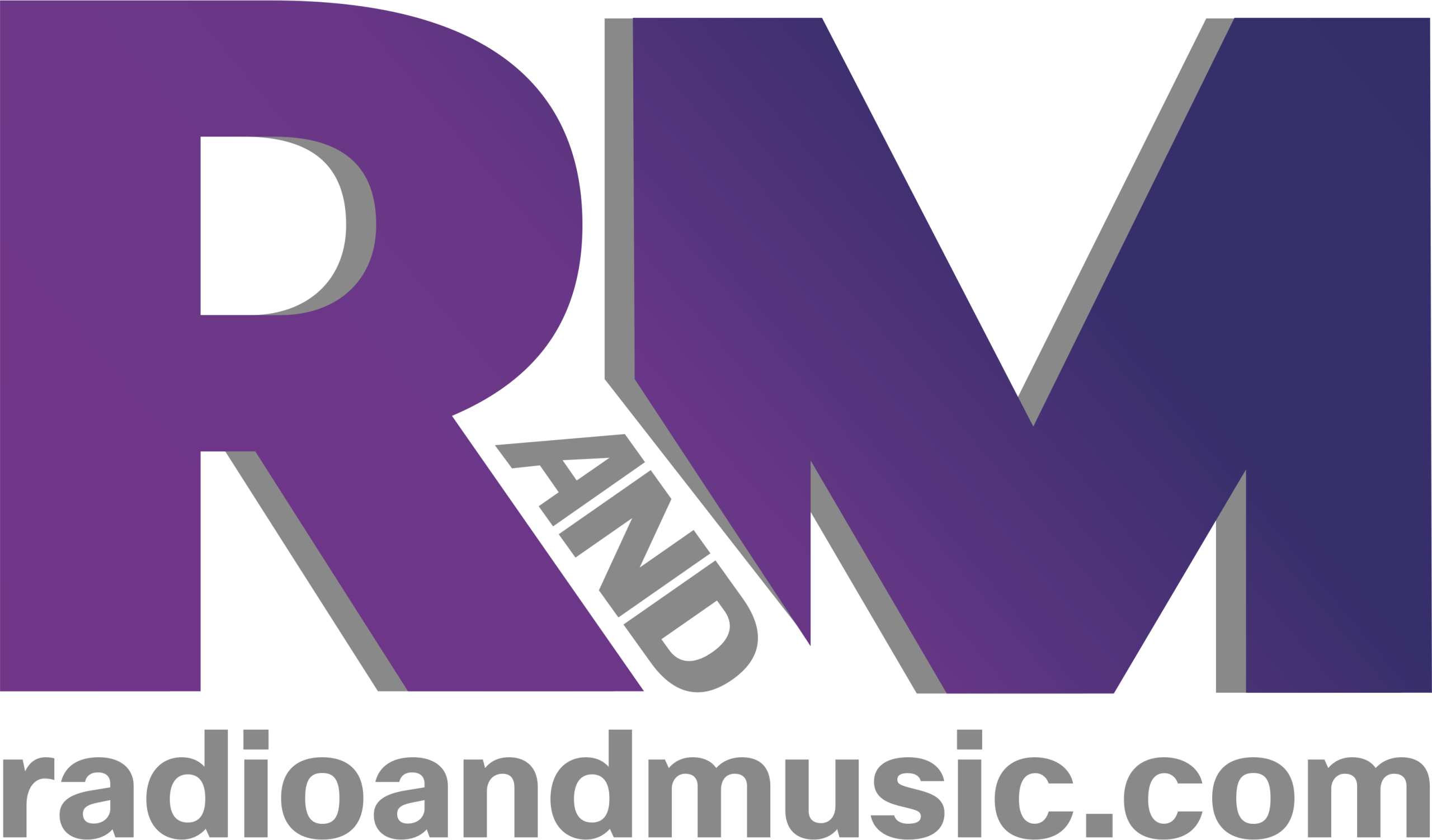MUMBAI: The digital music revenues of British record companies increased by 24.7% to ?281.6mn in 2011, according to trade figures released by the BPI.
Digital music earnings from online downloads, subscriptions, ad-supported services and mobile accounted for more than 35.4% of the industry’s total income as compared to 2010.
Revenue from digital albums increased significantly by 43.2% in 2011 generating ?117.8mn in trade income, while earnings from digital single tracks rose 11.3% to ?120.5mn.
Challenging economic conditions, the industry revenues also recorded a growth of 47.5% in income from subscription of digital music services. Spotify Premium, Napster, We7 and eMusic generated a turnover of ?24.0mn in 2011.
BPI chief executive Geoff Taylor said, “It is highly encouraging for the long-term prospects of the industry that the pace of digital growth continues to accelerate. British labels are supporting a wide range of innovative music services and music fans are embracing digital like never before. The record industry has continued to invest heavily in discovering and supporting outstanding British talent, which has helped sustain revenues in the face of difficult economic circumstances.”
But the advertising supported, free digital services including Spotify, YouTube, We7 and last.fm earned ?10.7mn dipping 1.4% annually.
Despite the growth in digital sales, total trade income from physical formats fell by 14.1% garnering a 3.4% decline in the overall music market. Revenues from albums, singles and music videos fell for the eighth year in a row to ?513.8mn from 2010’s total of ?598.0mn.
The market for physical albums dropped 14.4% to ?484.7mn compared to ?566.4mn in 2010.
Revenues from videos on DVD and Blu-Ray decreased by 3.3% to ?25.8mn. Income from physical singles dwindled by 33.1% to ?3.3mn, with the market characterised by X-Factor releases, charitable singles and vinyl. Mobile income from master ringtones and ringback tunes fell 30.6% to ?2.5mn during 2011.











